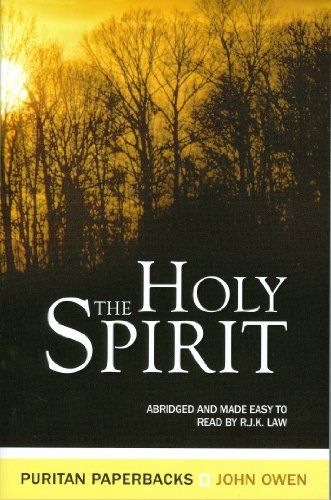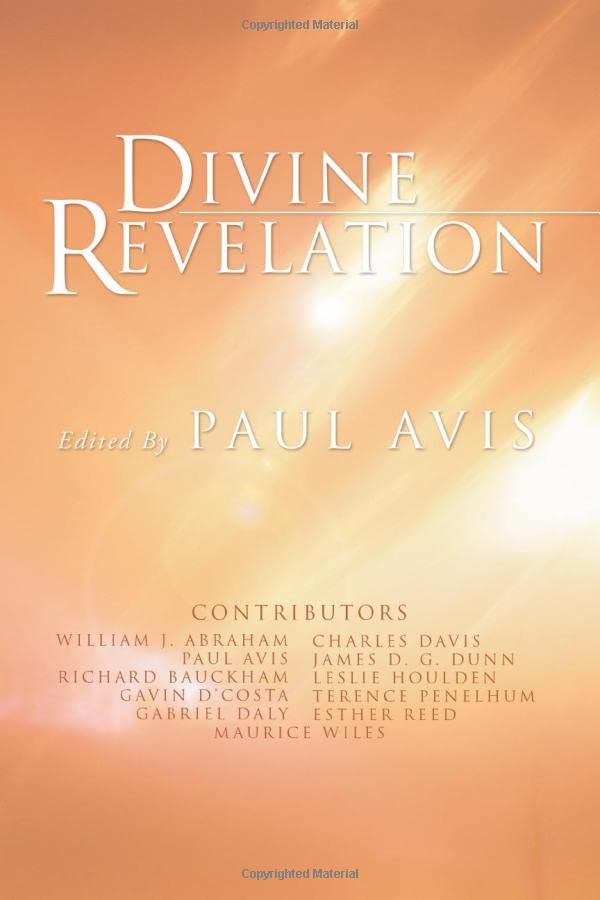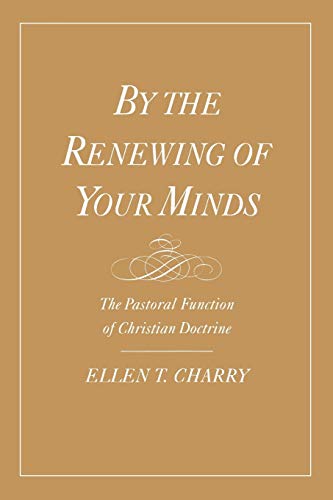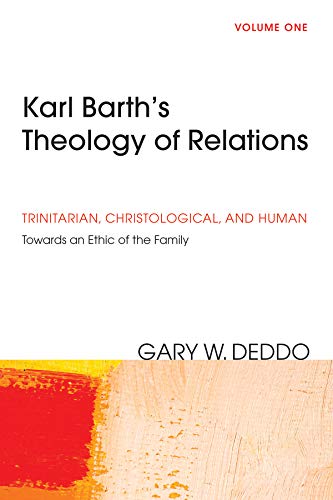The subtitle of this book describes it as ‘different approaches to Biblical studies’, and that is a fair summary of its contents. It documents the emergence of most of the significant scholarly approaches to the Bible over the last 200 years or so, and intersperses descriptions of them with illustrations of how their various methodologies might be applied in practice to selected texts. As such, it is a valuable introduction to the current state of the art in Biblical studies for students and others who may be looking for some kind of general orientation. Not only is there discussion of the nature of the canon itself, but the distinctive contributions of theological, historical, and literary approaches are carefully explained, often supplemented with interesting factual information. So, for example, if you have no idea of the difference between classical Orthodox, Catholic, and Protestant interpretations, or you know nothing about Rashi, Reimarus, or Augustine, this book will give you clear guidance on all these topics, together with many others. Indeed, that is undoubtedly one of its major strengths.
Readers of this journal will likely find other aspects of this book less satisfying. The author’s overall conclusion seems to be that both the Bible itself, and the range of possible readings of it, are so hopelessly diverse that to imagine there might be anything that remotely looks like a normative approach (or even one that might command the allegiance of significant numbers of people) is a pointless exercise. Gillingham’s conclusion is that ‘an appeal to pluralism’ is the way forward. By itself, of course, that could mean absolutely anything, and though she protests that ‘an appeal to pluralism does not then mean accepting everything about postmodernism’ (247) it is clear that the underlying ideological base is precisely the kind of philosophical deconstructionism applied to Biblical studies most stridently by scholars such as D.J.A. Clines and K.W. Whitelam. Like them, she assumes that all Biblical interpretation is not only socially constructed but also motivated by the personal ambitions for power of those who do the interpreting. From this point of view, it matters little whether one employs theological, historical or literary insights, for they all ‘easily emerge as a subtle form of control’ (246—a statement made about fundamentalism, but the same thing, in different words, is said about everything else). On this understanding, questions about matters such as truth are dismissed as too naive to be worth asking, though the opinion that the ideology of control is all that motivates Biblical interpreters itself becomes an absolute and unquestioned truth claim. I find myself unable to accept the cynical view of human nature that lies behind this approach, for I do not believe that, in general, those who have spent (in many cases) a lifetime studying the Bible—whether with conservative or liberal understandings—have been at all concerned about the aggrandisement of power. In the vast majority of cases where the Bible has been misappropriated and used as an instrument of oppression, it has not been Biblical scholars who have done this, but politicians and economists. Ironically, on those occasions when scholars have given their support to this, it has usually been through their uncritical advocacy of the wholly specious claim made here that they have ‘an approach as academically rigorous and as free from any particular theological or confessional agenda as any other academic discipline’ (xiv)—a viewpoint which of course is not value-free at all, but operates as a kind of coded message in favour of liberal secularism.
In keeping with this viewpoint, Gillingham concludes that, in effect, there is no such thing as a consistent or universalised message in the Bible, so maybe I ought not to be surprised at the somewhat eclectic way in which she discusses actual texts. It is still worth noting, though, that the detailed examination of the book of Psalms occupies a full 25% of the book, while the Gospels and other NT writings are mentioned only briefly. Moreover, everything seems to be turned into a problem here (the chapter on historical criticism begins with a veritable catalogue of them: the problems of myth, contradiction, miracles, religious language, and historical Jesus). The overwhelming impression left in my mind was that, in spite of enormous expenditure of energy and creativity, Biblical scholarship—of whatever sort—has left us with more questions than answers.
In fairness to the author, it has to be said that the chaotic picture she paints probably does reflect the scholarly turmoil that now characterises much Biblical study, particularly in relation to the Old Testament. But I suspect that most readers of this review will already be well aware of that, and would prefer a guide who will help them to deal with it within a framework of constructive criticism, rather than one who simply documents it.
Should you read this book? Despite my criticisms, I think so. It does contain an enormous amount of information that will help readers understand the context in which academic study of the Bible is now taking place, and provide a general orientation for the beginner. But read it for what it is: an account of how some significant thinkers have tried to understand the Bible, from a variety of viewpoints. All of them are white Westerners, as far as I can see, so don’t expect to learn about Asian, African, or South American perspectives (even when liberation theology features, which is not often, only Western commentators on it are quoted). And you will most certainly be disappointed if you are looking for anything remotely like a normative hermeneutical or theological framework within which to understand the Bible as Christian Scripture. Though the preface informs us that part of the book’s purpose is to help readers in ‘understanding and using the Bible’ (xiv) I am left asking, ‘using it for what?’—and I don’t think I got an answer to that.
John Drane
University of Aberdeen







